Frequently Asked Questions
1. What are knife laws?
2. Why is it important to know about knife laws when traveling?
3. What are some general rules for pocket knives?
4. How do knife laws differ in the United States?
5. What travel tips should I follow regarding pocket knives?
Knife laws can be perplexing, especially for travelers interested in carrying their favorite tools, such as pocket knives. Understanding these regulations is crucial to avoid legal issues while exploring the globe. In this comprehensive guide, we will delve into the varying knife laws around the world, focusing on pocket knives and what you need to know before embarking on your journey.
What Are Knife Laws?
Knife laws refer to the legal restrictions and regulations concerning the possession, carry, sale, and use of knives. These laws can vary widely from one country to another and even from one city to another within the same country. They aim to promote public safety and regulate the use of potentially dangerous weapons. For those who enjoy outdoor activities, carrying a pocket knife can enhance their experience, but it's vital to know the local laws.
The Importance of Knowing Knife Laws
Understanding knife laws is essential for numerous reasons:
- Safety: Avoid unwanted legal trouble by knowing what’s permissible.
- Preparation: Be well-prepared for different circumstances you may encounter while traveling.
- Respect Local Cultures: Display your respect for local customs and laws, enhancing your travel experience.
General Rules for Pocket Knives
Before diving into specific laws by country, here are some general rules that often apply to pocket knives:
- Blade Length: Many countries have maximum blade lengths for knives, often around 3 inches to 4 inches.
- Type of Knife: Folding knives (like pocket knives) are typically treated less harshly compared to fixed blades.
- Concealment: Some places consider concealed knives illegal, especially if they are not visible.
- Intent: How you carry a knife and the intent can heavily influence legal consequences.
North America: A Mixed Bag
United States
The United States has a patchwork of knife laws. Each state has its laws, and local regulations can further complicate matters. Generally, pocket knives are legal, but:
- In some states, a blade over a certain length (often 4-5 inches) may be illegal.
- Switchblades and gravity knives have strict regulations in many states.
- Public places like schools and airports have their own prohibitions.
Canada
In Canada, pocket knives are allowed, but restrictions apply:
- The maximum blade length for legal carry is around 3 inches.
- Knives classified as prohibited weapons include switchblades.
- Intent plays a significant role; carrying a knife for self-defense can lead to legal trouble.
Europe: Diversity in Regulations
United Kingdom
The knife laws in the UK are stringent. Carrying a pocket knife with a blade longer than 3 inches is illegal without a good reason:
- Folding knives that don’t lock are often acceptable.
- Intent is vital; you must show a purpose for carrying any knife.
- Fixed blades are illegal in public unless being transported for work purposes.
Germany
Germany has clear regulations regarding knife ownership:
- Pocket knives with blades under 12 centimeters (approximately 4.7 inches) are generally allowed.
- Knives that can be opened with one hand and have a locking mechanism may be restricted.
- Carrying a knife in public without a valid reason is illegal.
Asia: A Cautionary Approach
Japan
Japan is famous for its strict regulations regarding knives. Pocket knives are legal under specific limitations:
- The blade length must not exceed 6 centimeters (about 2.4 inches).
- Carrying a knife is often permissible if you can justify its use, such as for work or hobbies.
- Knives classified as “dangerous” must be transported in a secure manner.
China
In China, knife laws are rigorous:
- Most knives, including pocket knives, are restricted in public places.
- In some regions, carrying even small folding knives can attract legal scrutiny.
- The intent to use a knife as a weapon elevates legal consequences significantly.
Australia: Balancing Freedom and Safety
Australia has varied knife laws depending on the state and territory, with a general consensus against carrying knives without a good reason:
- In most states, pocket knives are permitted if the blade length is less than 4 inches.
- Intent matters; having a knife for work or activities is accepted more readily.
- Carry in public areas should always be approached cautiously.
Understanding Knife Law Enforcement
Understanding that law enforcement may interpret regulations differently is crucial. The following factors play a significant role in how pocket knife laws are enforced:
- Local Context: Knife laws may depend on local crime rates and specific situations.
- Officer Discretion: Police officers hold significant leeway in enforcing knife laws.
- Public Perception: Carrying a knife in an area where it raises suspicion may attract legal attention.
Travel Tips for Carrying Pocket Knives
To navigate knife laws effectively, consider the following travel tips:
- Research Local Laws: Always confirm regulations for the country or region you are visiting.
- Pack Wisely: If necessary, pack your pocket knife securely in checked luggage, and never in carry-on bags at airports.
- Engage Locally: Connecting with locals can provide insight into practical knife use in various settings.
- Leave It Behind: If you're unsure, it's often best to leave your pocket knives at home for peace of mind.
Navigating Knife Laws for Outdoor Enthusiasts
Outdoor enthusiasts often depend on pocket knives for various tasks, like camping and hiking. Those engaging in such activities should pay particular attention to the following:
- Know Your Gear: Understand the type of knife and its suitability for the regions you plan to explore.
- Be Respectful: If in an area where knives are prohibited, find alternative tools.
- Communicate Clearly: If questioned, explain your needs and intent to local authorities.
Your Safety and Enjoyment Matters
Whether you're into hiking, camping, or everyday carry, knowing about pocket knives and knife laws can significantly impact your safety and peace of mind. Being responsible means respecting the laws of the land and understanding the intention behind knife regulations. Knowing your rights and responsibilities allows for a more fulfilling travel experience.
Stay Informed, Travel Safely!
As you embark on your next adventure, remember that knowledge is power. Equip yourself with the awareness of knife laws worldwide, particularly pocket knife regulations specific to your destination. By staying informed, you can ensure that your travels are enjoyable and free from legal hassles. Safe travels, and may your journeys be filled with exciting adventures!





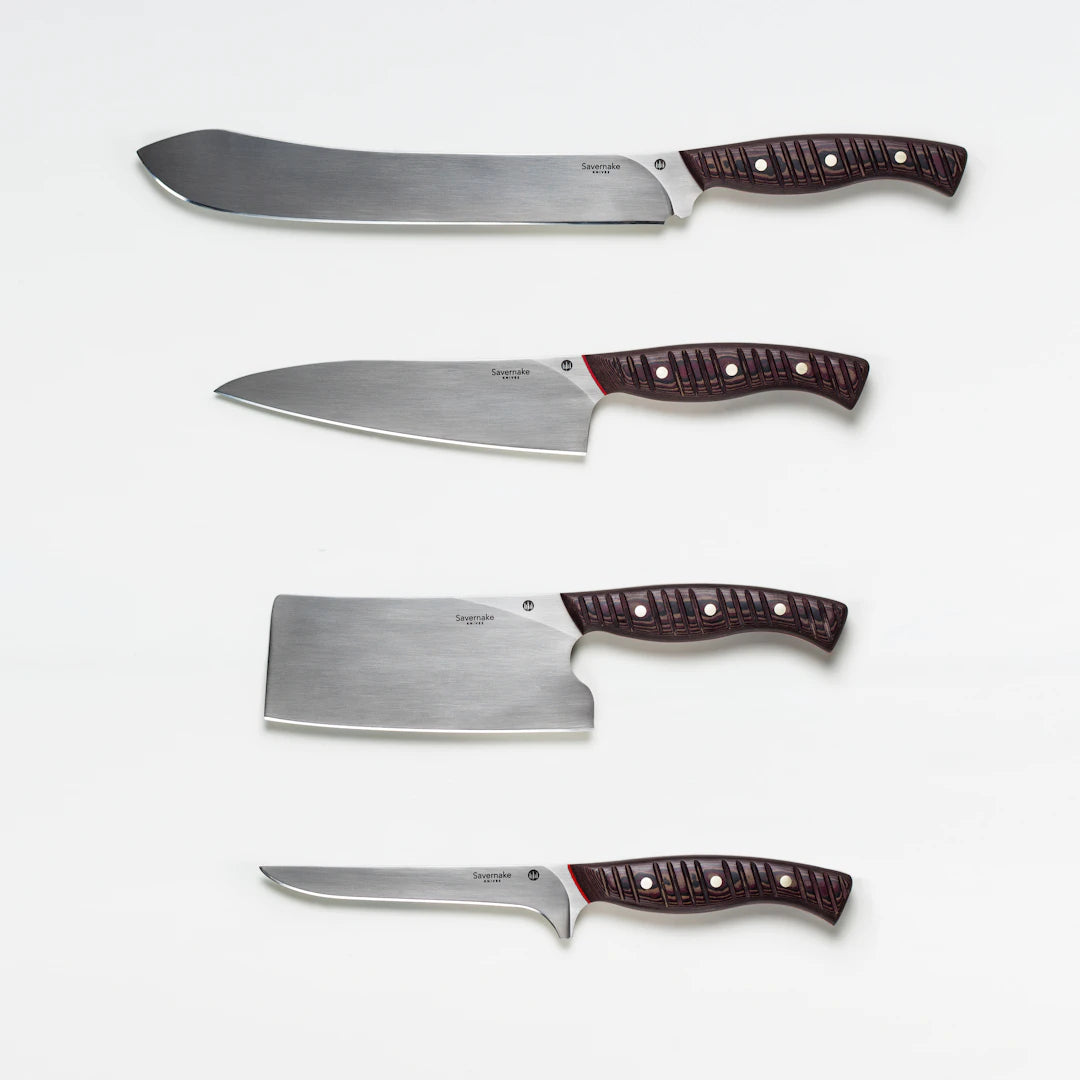

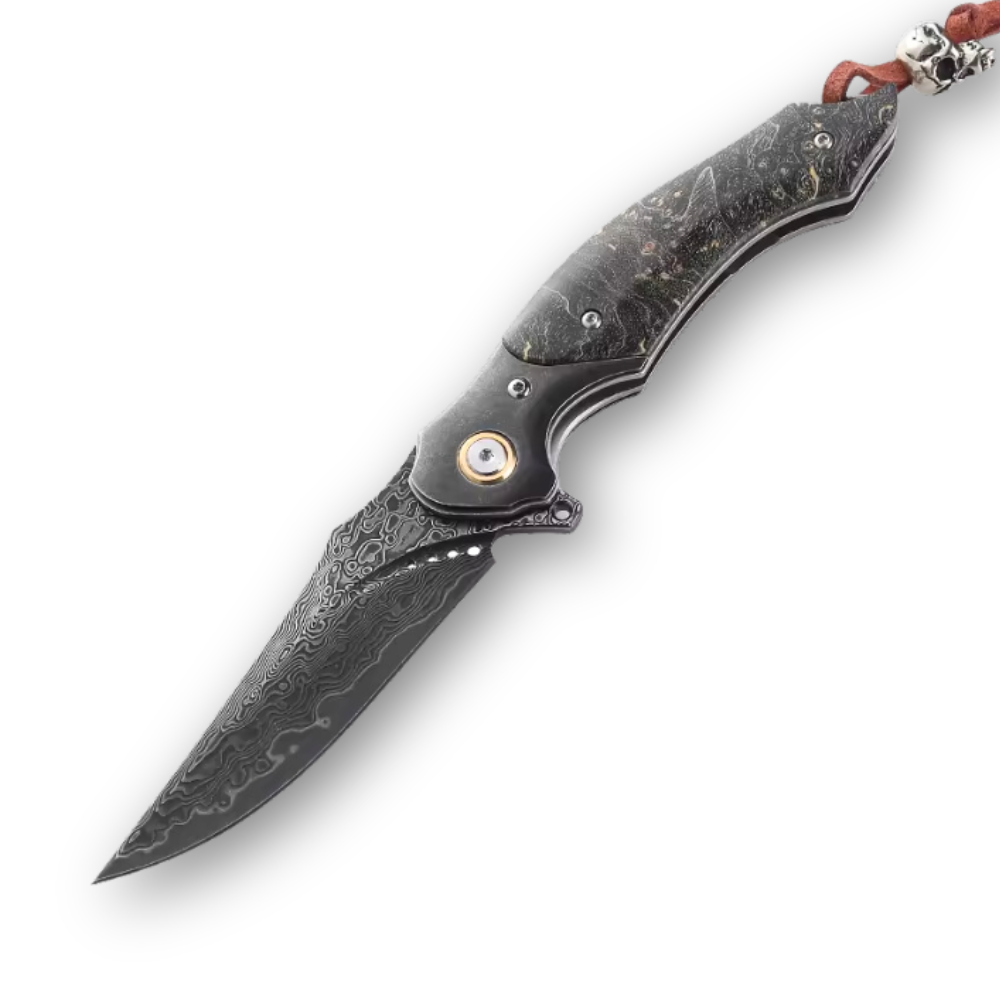

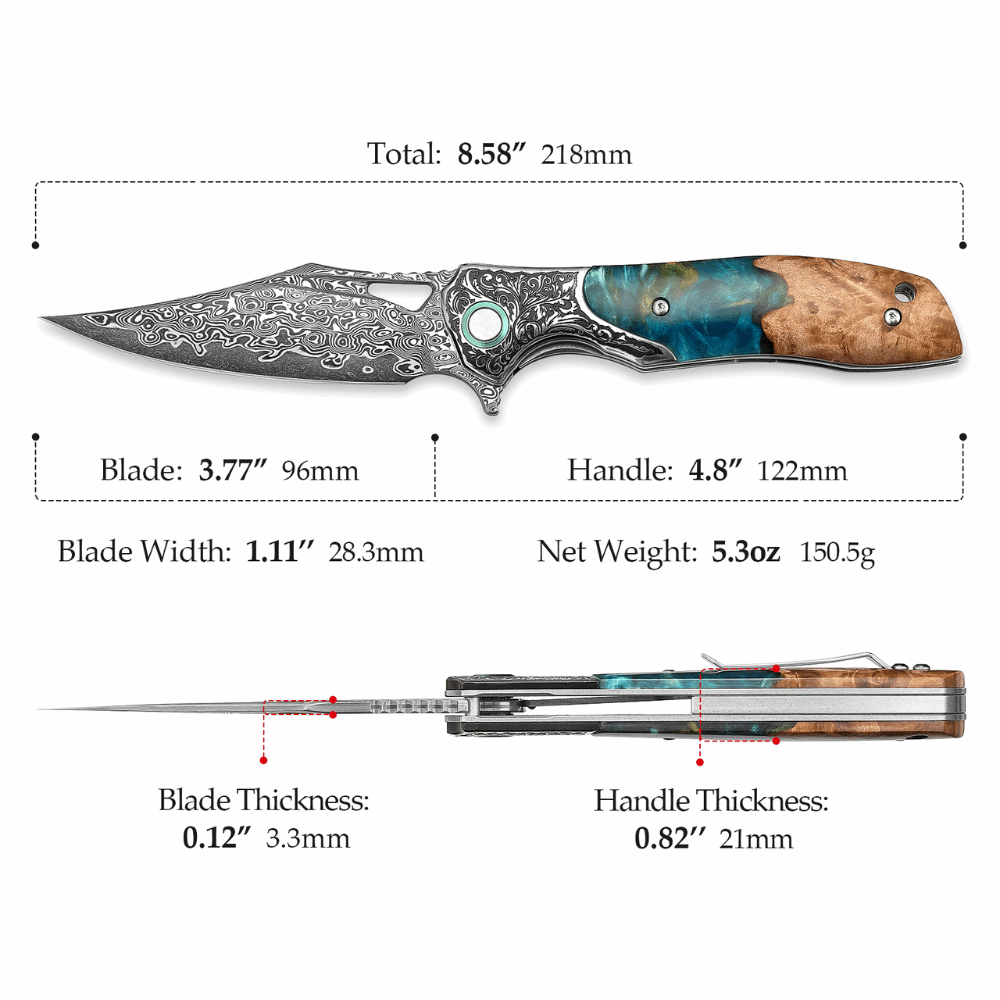
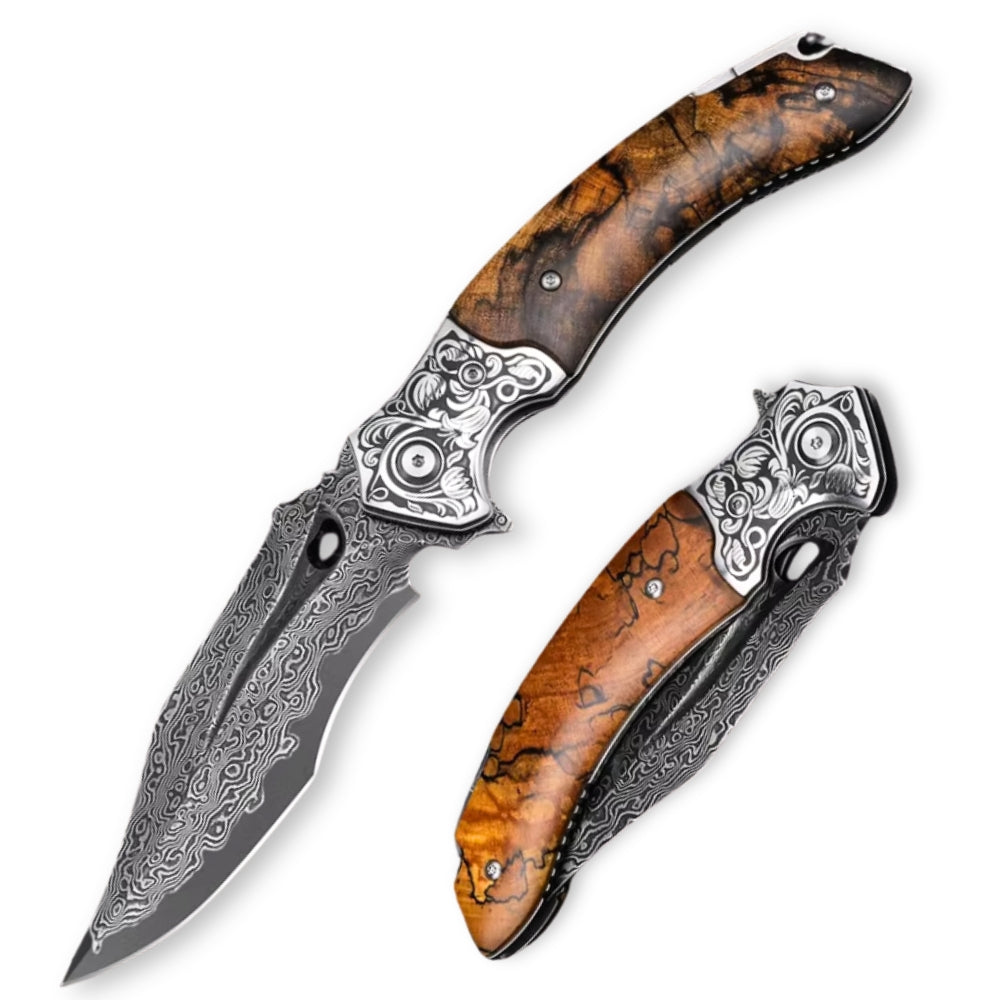

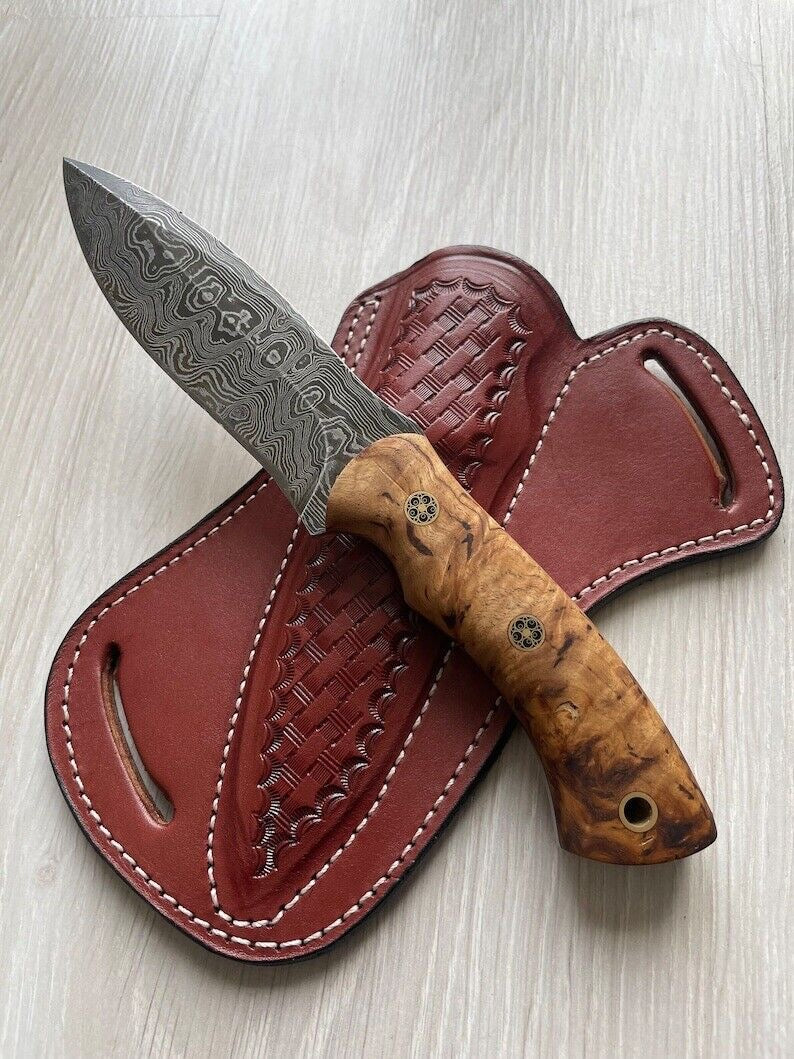

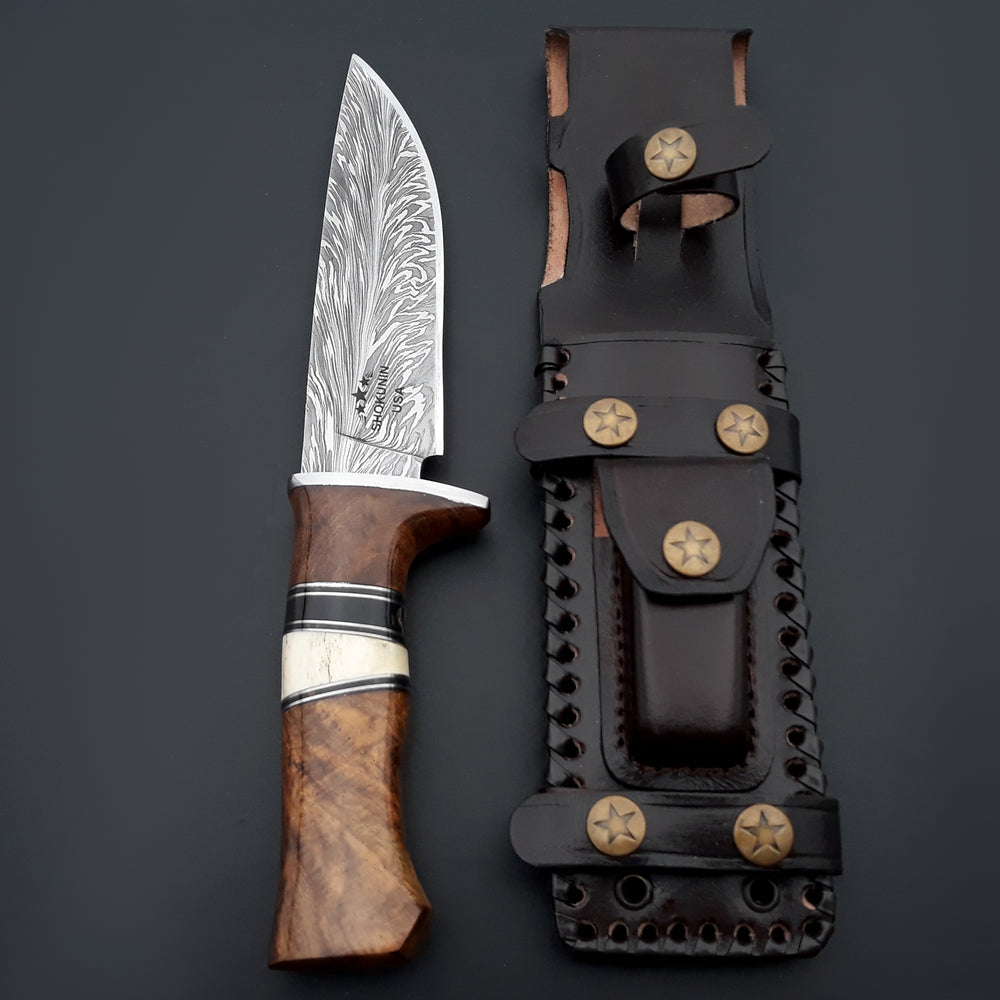

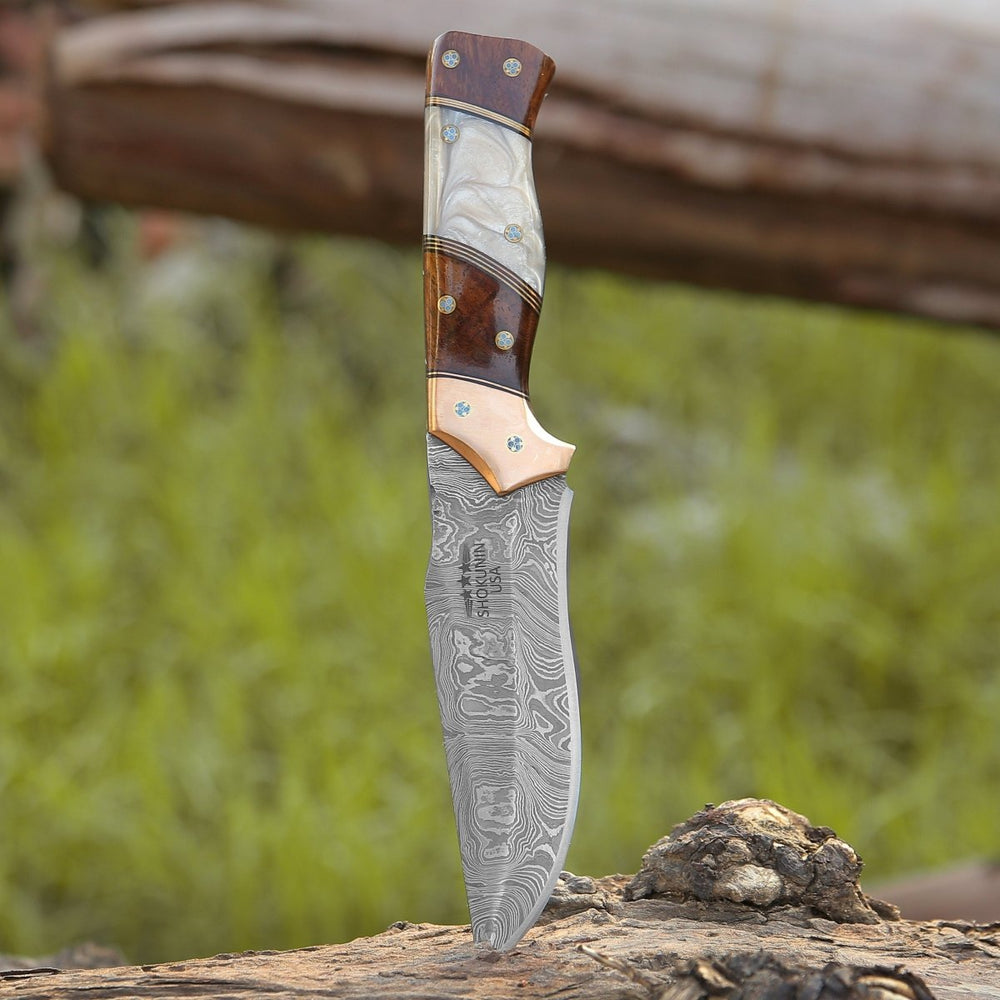
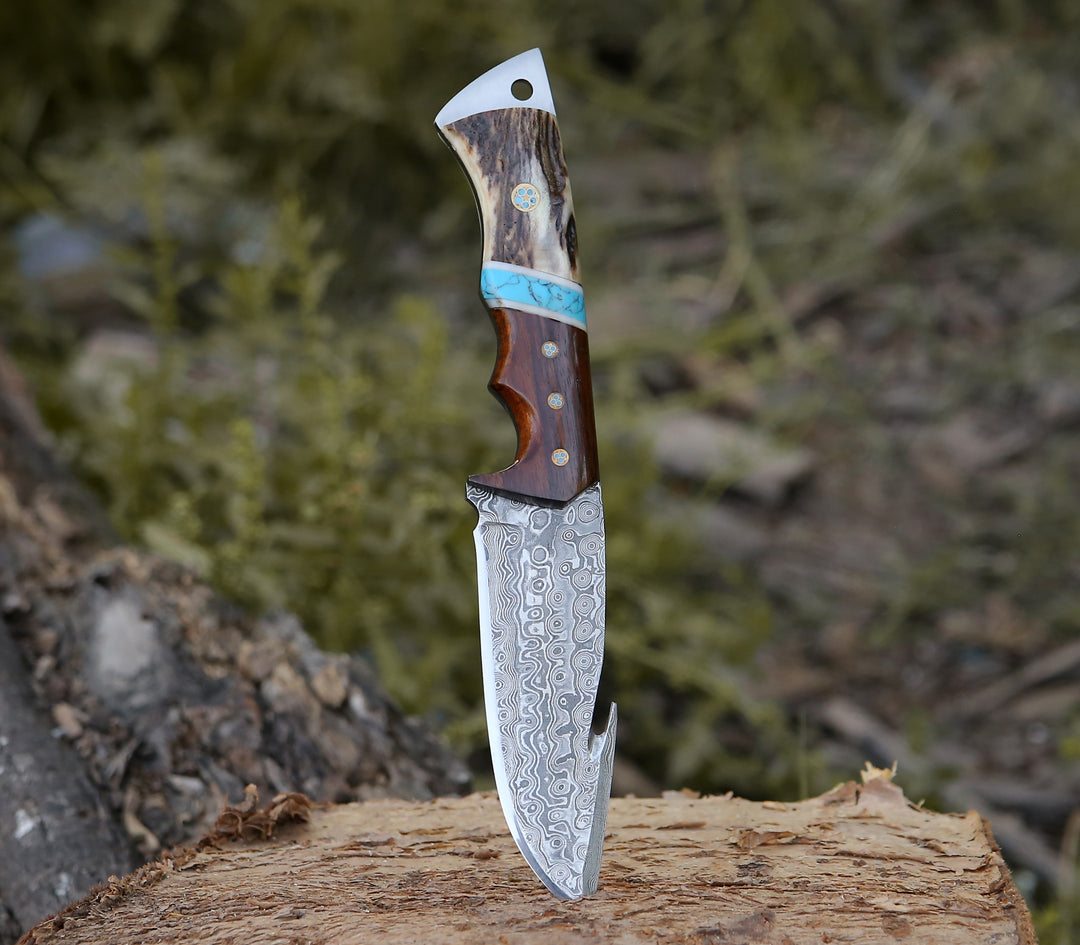

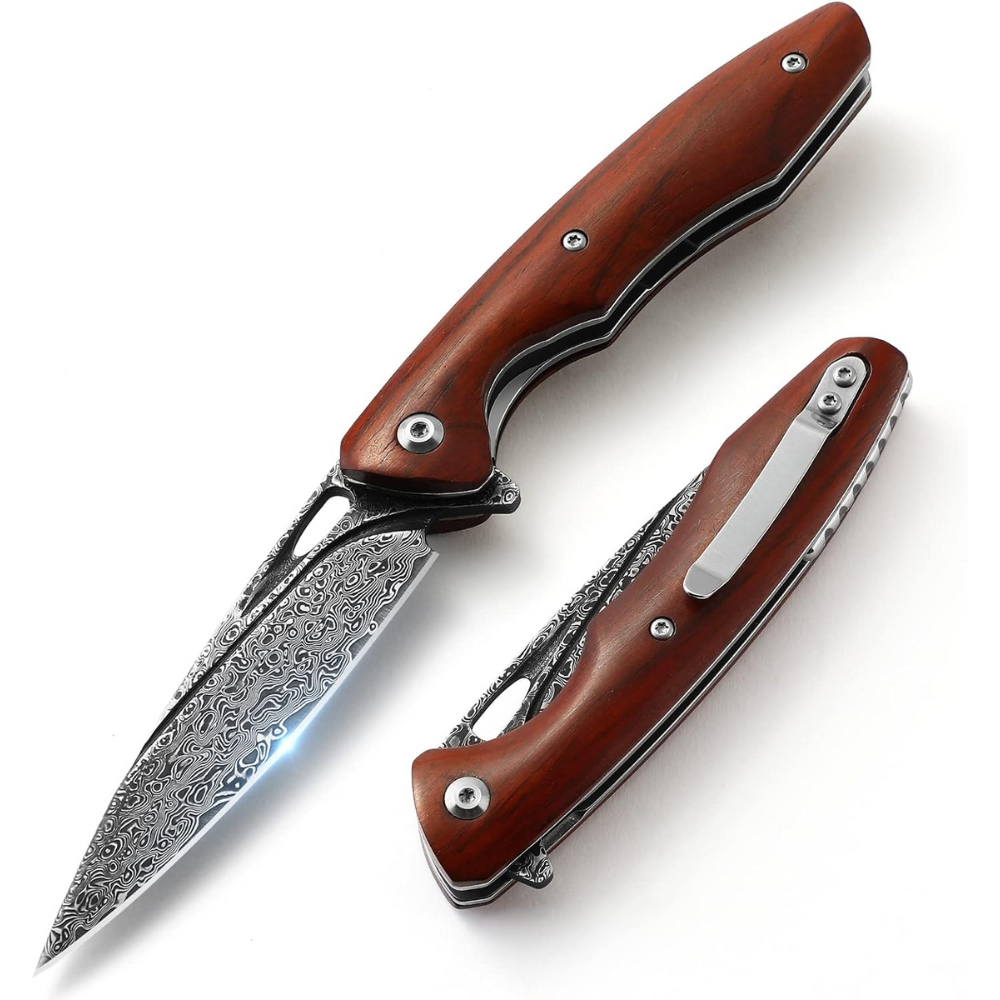

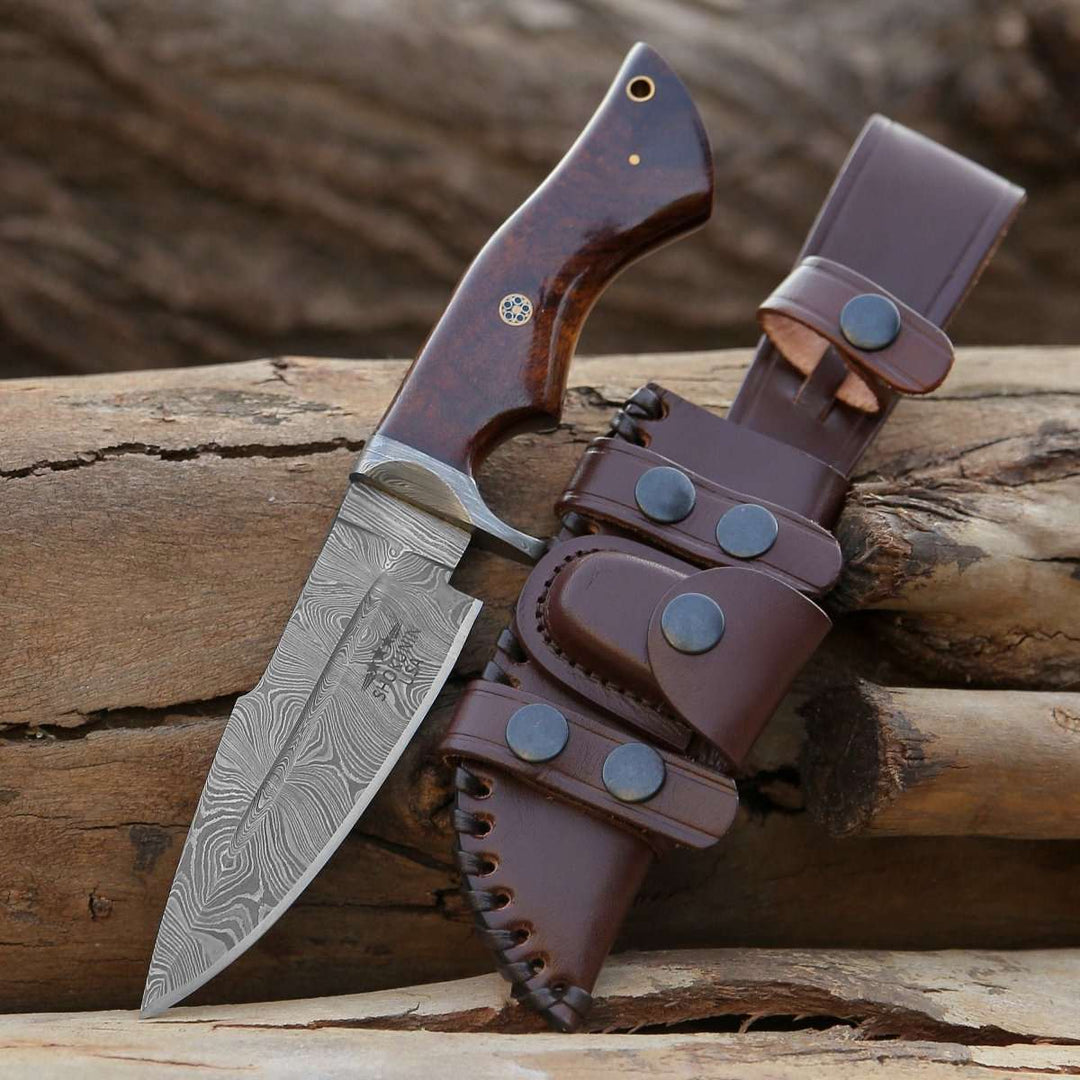
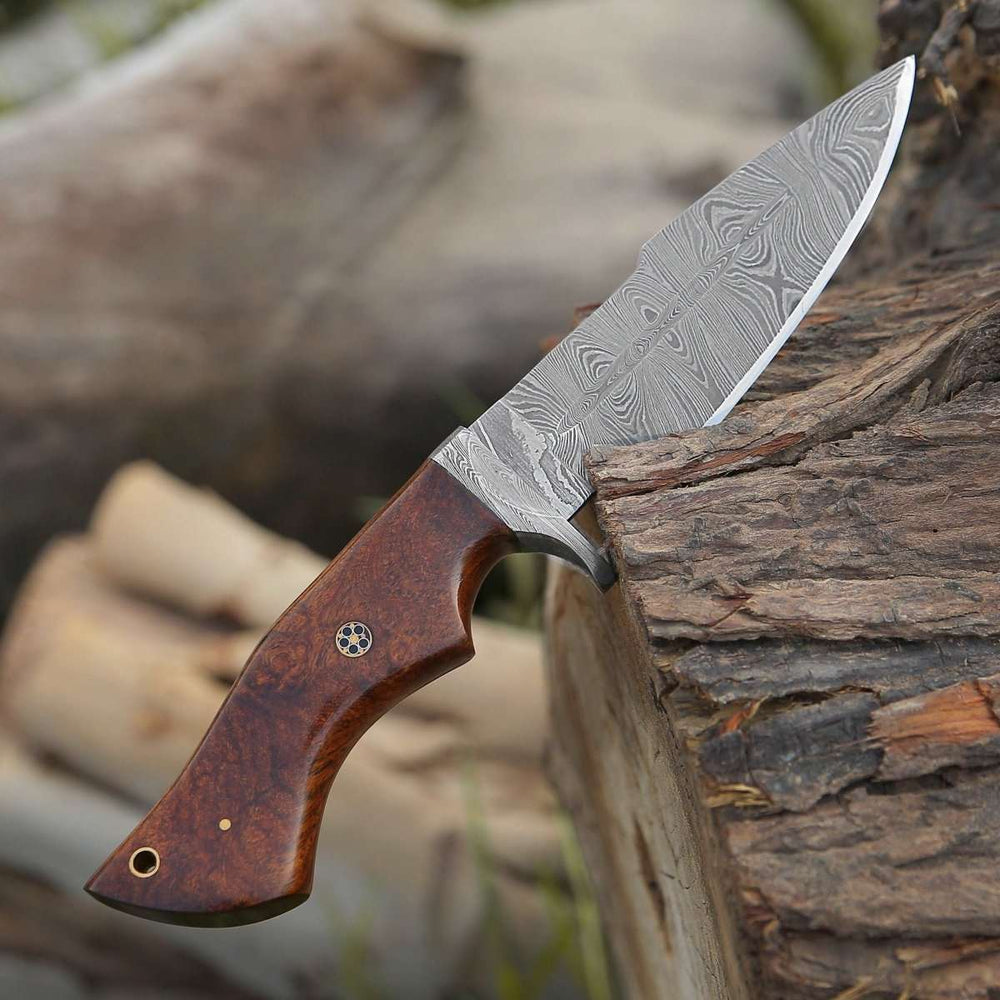
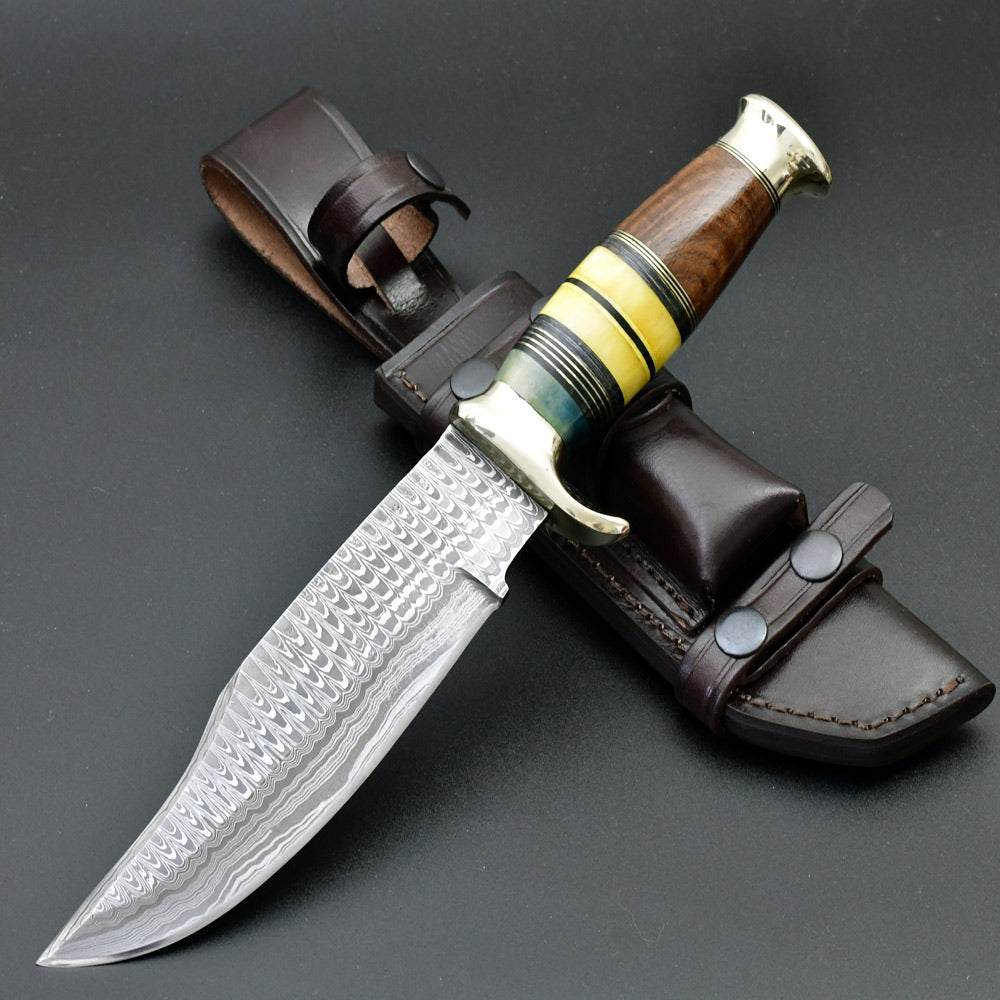
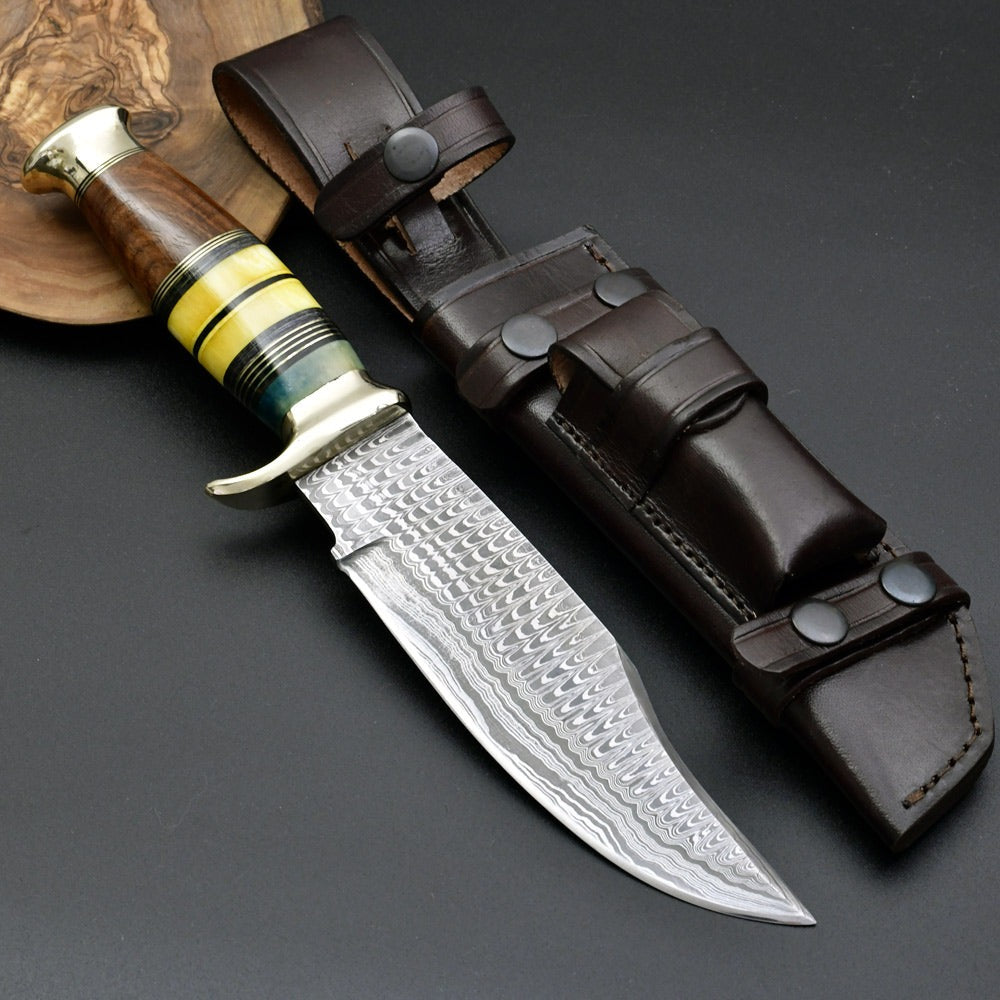
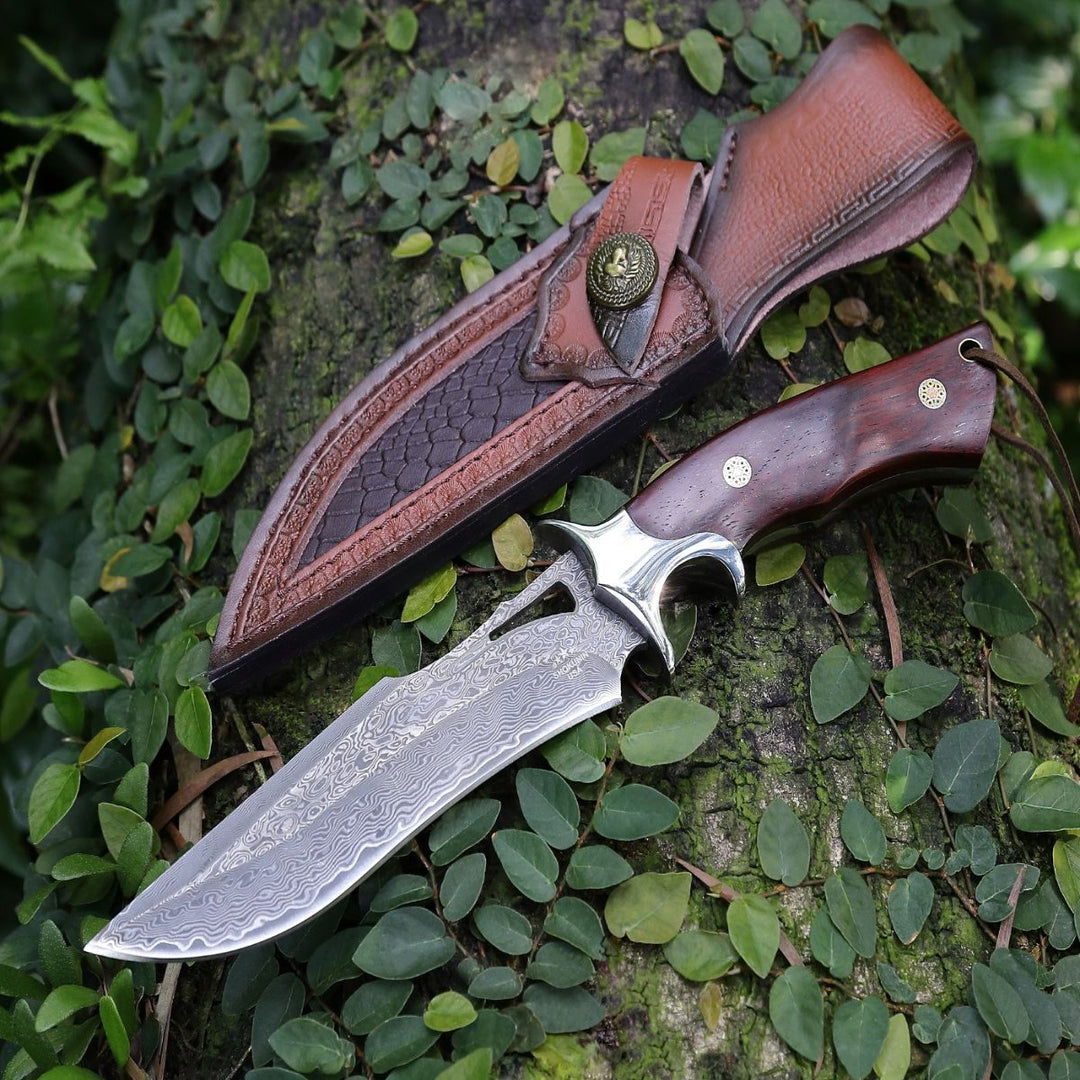
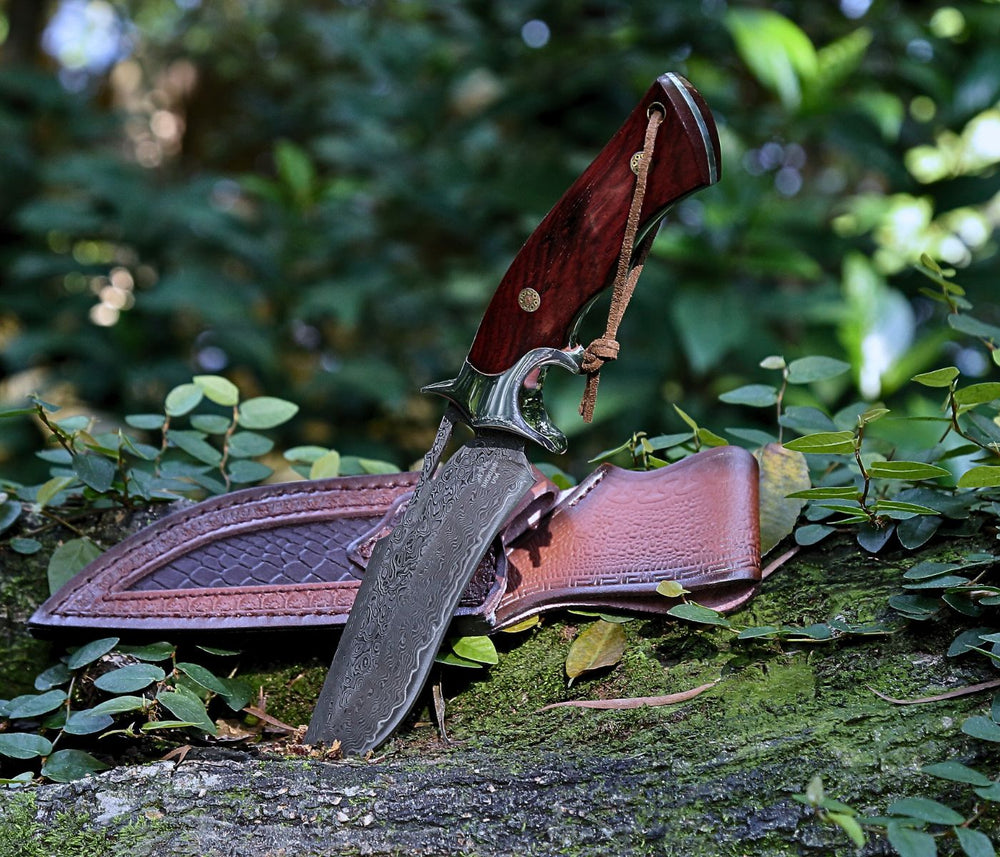
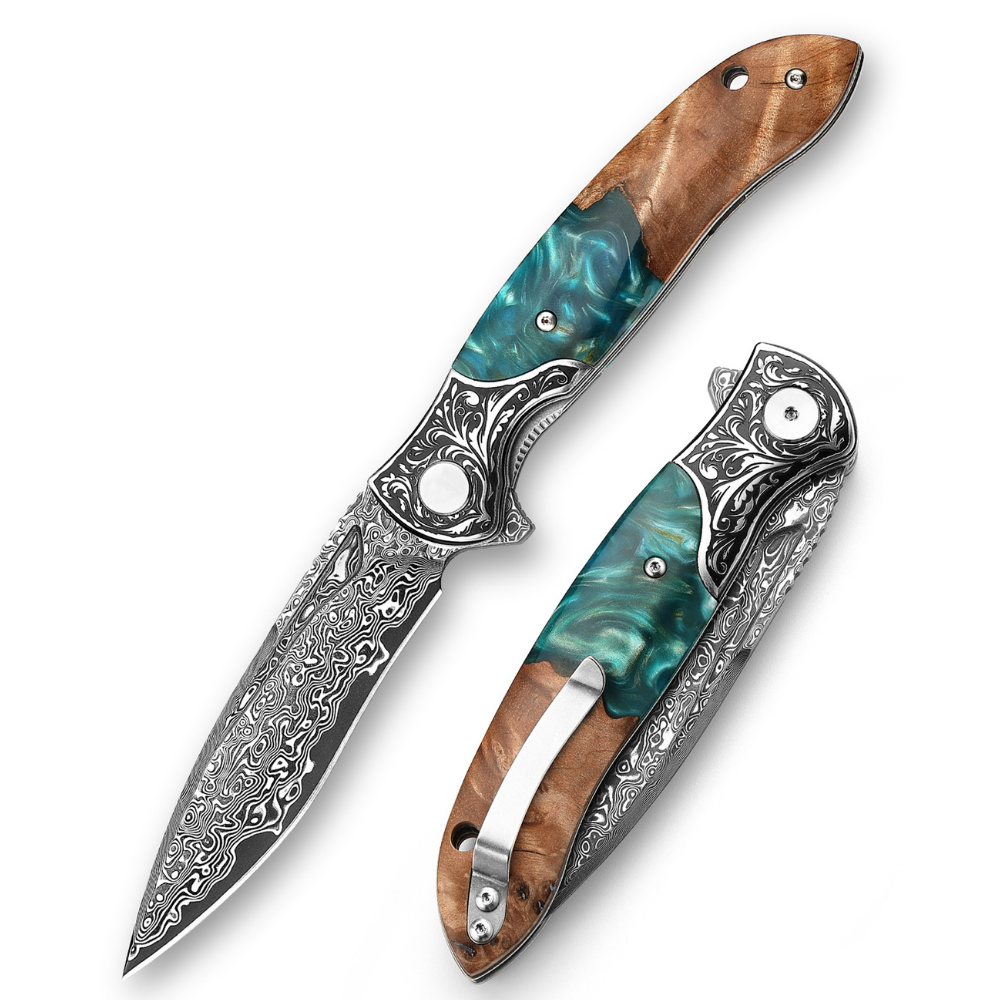

Leave a comment